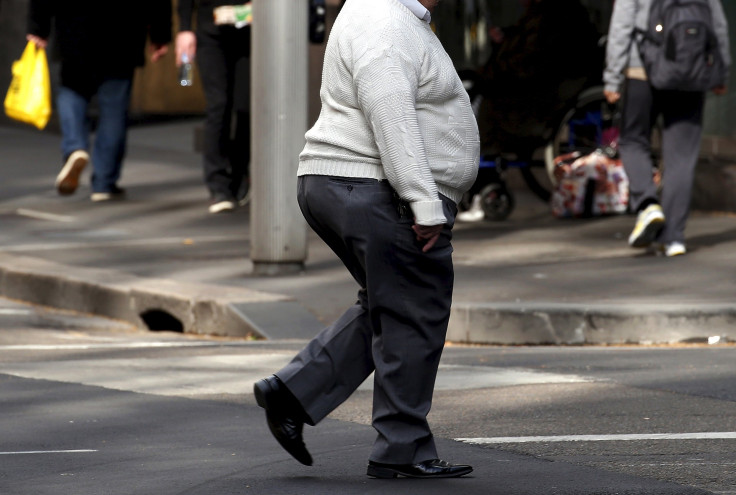Obesity Australia: Fad diets such as Paleo diet should not be followed; Obesity figures a major concern

According to Cambridge Weight Plan, “emotional eating” is playing a major role in the substantial increase in overweight Australians. Moreover, eight out of 10 Aussies blame their obesity to “emotional eating.” The vicious cycle of obesity may be triggered by depression and stress.
An astounding 63.4 percent of Australian adults were obese or overweight in 2014-2015. It’s well over half Australia’s national population and almost two in three adults. The number is an increase from 1995 (56.3 percent), which shows that obesity is a major concern in Australia.
According to Huffington Post Australia, research has shown that weight-based stigma can start as early as kindergarten. There were 1,043 deaths in 2009 for which obesity was an associated cause or the underlying cause. The median age at death due to obesity was 65 for women and 55 for men.
The Australian Institute of Health and Welfare describes excess weight, especially obesity, as a major risk factor for Type 2 diabetes, cardiovascular diseases, certain cancers and musculoskeletal conditions. As excess weight increases, the risk of developing these health conditions increases too. With increase in weight, it may become extremely difficult to manage or control chronic disorders.
When it comes to Australians’ diet, about one in two adults meet the Australian Dietary Guidelines for the recommended fruit intake. The figure stands at 49.8 percent. However, only seven percent met the guidelines for vegetable intake, which is a whopping 93 percent of Australians who are not getting enough vegetables every day.
Australians who are following various diets, especially the paleo diet, may be disappointed to hear that researchers at University of Melbourne has found that the Paleo diet has no scientific evidence to back up its weight loss claims and should be avoided at all cost. People with pre-diabetes and diabetes are especially at risk if they follow this low-carb, high fat (LCHF) Paleo diet.
“There is a very important public health message here. You need to be very careful with fad diets, always seek professional advice for weight management and always aim for diets backed by evidence,” said Prof. Sof Andrikopoulos, president of the Australian Diabetes Society.






